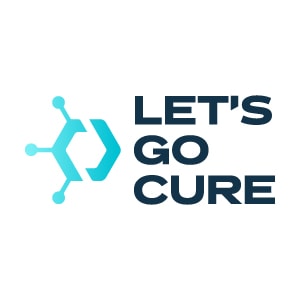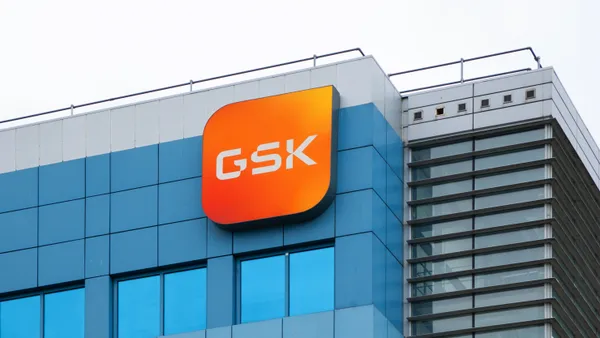Editor's Note: This article originally ran during the J.P.Morgan Healthcare Conference. It now includes a video clip from the panel.
Despite uncertainty the U.K. exit from the European Union has brought, including a relocation of the European Medicines Agency, biotech and pharma companies are mostly shrugging off the looming Brexit.
"Well, we kind of pay little attention to it for the simple reason that you can't control it. What will be determined occurs and we'll adjust our regulatory strategy and our development strategy accordingly," said Marty Driscoll, president and CEO of Spring Bank Pharmaceuticals Inc., at a panel moderated by BioPharma Dive in San Francisco this week at the J.P. Morgan Healthcare Conference.
"We're interested, of course, but we can't control it. We're a bit unusual in that we're a U.S.-based company that's actually doing our first global clinical trials outside the United States," he added.
Spring Bank, which has a hepatitis B drug in Phase 2, isn’t completely unique in that sense. Plenty of biotech companies do early-stage work outside the U.S. to save money, as well as reach certain patient populations. As Driscoll noted, hepatitis B is a major problem in Asian markets and therefore the company is running early studies in places like Hong Kong, Taiwan and South Korea.
Hartmut Ehrlich, CEO of France-based Abivax, echoed Driscoll’s sentiment.
"We are just starting to see the changes that this will imply. We know that the EMA is now moving to Amsterdam from London, but to what extent this is going to impact sort of the clinical trial, application process, conduct, etc, is something that we will need to see and will evolve over the next couple of months and years," he noted.
After months of cities vying to host the EMA, the European Commission decided in a bit of a coin toss decision late last year that the regulator would leave Canary Wharf for its new home in Amsterdam. The move will displace the nearly 900 regular staff at the agency and the EMA has forecast potential for delays in process and approval during the transition period. It needs a bare bones staff of 462 people to keep things running.
Yet, the EMA has said it is going to do everything in its power to make sure the agency is up and running in Amsterdam by March 30, 2019.
"As far as EMA moving out London and into Amsterdam, of course in the short term there's probably going to be some disruption, at least to the personnel and therefore the operations. But I believe just over the last 48 hours, UK announced that they intend to remain in the EMA, both with respect to the regulations and the pricing strategies. So in that sense, in the long term, we do not anticipate any big disruption," said Osman Kibar, CEO of the San Diego-based biotech Samumed, at the panel.
Kibar was referencing an article in The Financial Times that cited sources suggesting the U.K. is keen to remain under EMA oversight even after it has severed its political relationship with the EU.
Big pharma counterparts are cognizant of the challenges Brexit will inevitably bring.
GlaxoSmithKline plc CEO Emma Walmsley said during the company’s third quarter earnings call that Brexit will add costs for pharma companies and that trade agreements that allow drugs to move through Europe could impact the supply chain.
Fellow U.K.-based pharma AstraZeneca plc has also expressed concerns about the decision. Both Chairman Leif Johansson and CEO Pascal Soriot have been publicly vocal about the uncertainty the U.K. exit will bring and have voiced similar sentiments to Walmsley about costs and hindered trade, as well as the potential for hiring.













